Editorial Team
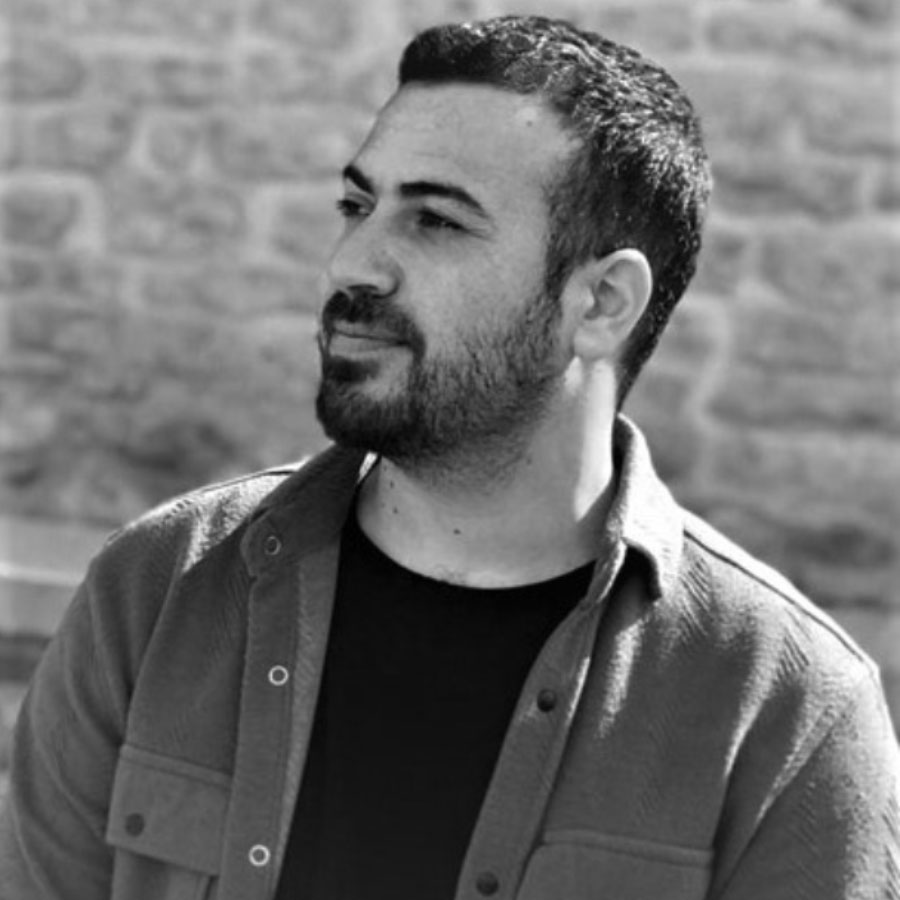
Muzaffer Ali Arat, Editor
Konya Technical University, Newcastle University
Muzaffer Ali Arat is an Assistant Professor at Konya Technical University and an integrated PhD Researcher at the Transversal Thematic Area of Urban Morphology at the Research Centre for Territory, Transports and Environment (CITTA – Centro de Investigação do Território Transportes e Ambiente). He holds a bachelor’s degree and an MSc in Urban and Regional Planning. He holds two PhD degrees, the first in Spatial Planning (FEUP-Faculdade de Engenharia da Universidade do Porto), and the second in Urban and Regional Planning at Konya Technical University. He received the ‘J.W.R Whitehand Prize for the Best PhD Thesis in Urban Morphology’ for his thesis developed at the University of Porto. He acts as AESOP Young Academics Network South Eastern Europe (SEE) Regional Ambassador. His research areas include urban morphology, urban design, urban planning, and cities.
![]()
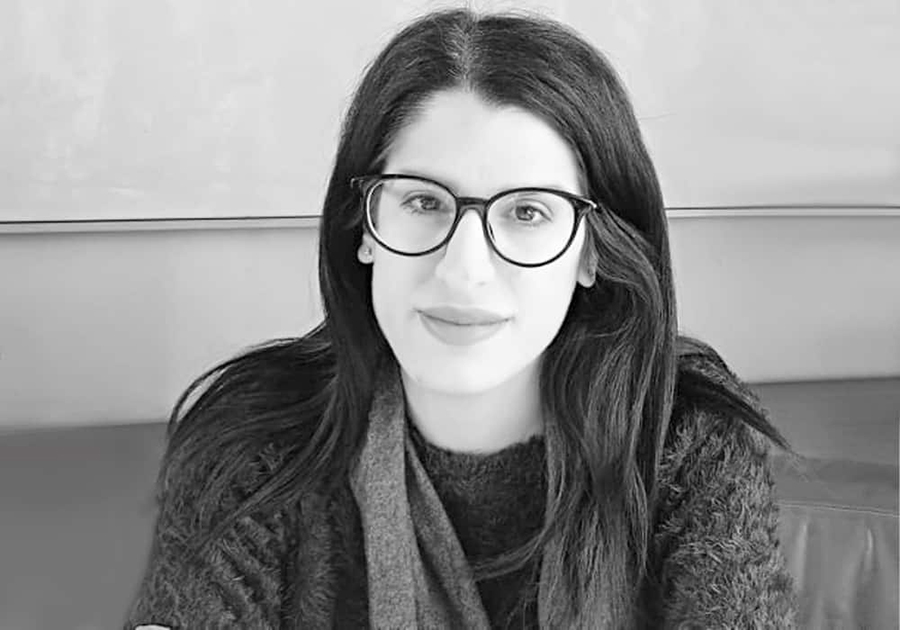
Chrystala Psathiti, Associate Editor
Neapolis University Pafos
Chrystala Psathiti is a researcher and practitioner exploring the relationship between built form and human behaviour. She is currently a Lecturer in Architectural Design and Theory and the programme director of the MSc in Space and Brand Identity at Neapolis University Pafos. She is also the founder of Splace Architecture, an architectural practice exploring the relationship between academia and practice. Trained as an architect, holds a Diploma in Architecture from the University of Cyprus, an MSc in Spatial Design: Architecture & Cities from the Bartlett, UCL London, and a PhD from the University of Cyprus, funded by the National Scholarship Foundation and Youth Board Cyprus. She was also a visiting researcher at the Bartlett School of Architecture and has been involved in European Research Projects such as KAEBUP, EPUM, Twin2Expand and Innovaroom. Her research areas include building morphology, space syntax, evidence-based design, architecture and human behaviour.
![]()

Elham K. Hassani, Associate Editor
Sapienza University of Rome
Elham K. Hassani, Ph.D. is an experienced urban morphologist whose practice, teaching, and research focus on resilient regeneration in contemporary, mixed-use, and historical contexts. She is a researcher and tutor at Sapienza University of Rome, where she earned her PhD in Architecture and Construction, with a specialization in urban morphology. She also has master's and a bachelor's degrees in architectural engineering. Dr. Hassani has been a Visiting Professor at Malmo University in Sweden and Tashkent University of Architecture and Civil Engineering in Uzbekistan, and a Visiting Scholar at Lund University in Sweden. She has served as a jury member for international architectural workshops and courses; as a commission member, peer reviewer, and juror for international competitions and PhD and master's degree defences; and supervised master’s theses at Sapienza University. Her research, publications, and professional work address European and Central Asian cities. Her current work with U.S. collaborators considers the impact of AI on urban morphology and how to apply its urban intervention-focused offshoots, Urban Acupuncture and Tactical Urbanism.
![]()
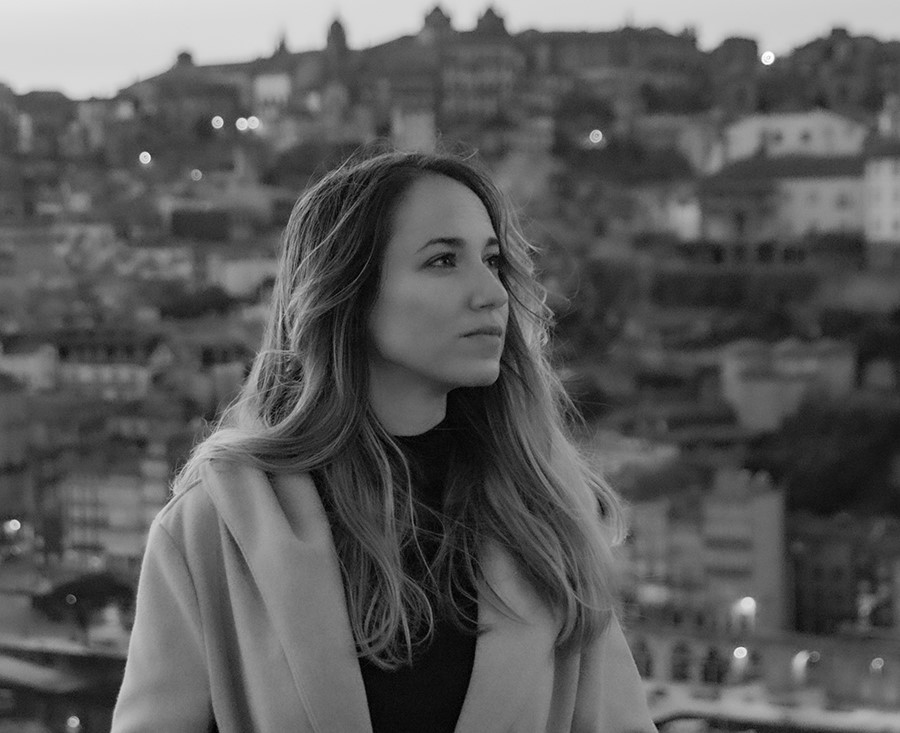
Isabel Ezquerra, Associate Editor
University of Zaragoza
Isabel Ezquerra is an Assistant Professor at the University of Zaragoza. In 2023 she completed her doctoral thesis, funded by the Ministerio de Educación y Formación Profesional (FPU 2016/06737), obtaining an international mention, an outstanding Cum Laude grade and the extraordinary Doctorate award from the University of Zaragoza. Previously, she completed her Master’s (2015) and Bachelor’s (2013) studies at the University of Zaragoza, obtaining the Extraordinary End of Degree Award. Her research focuses on urban morphology and public space for its study, diagnosis and intervention. The relationship between theory and practice stands out as another of the objectives of her work. The “Balsas POSITIVO” project, carried out within the framework of an agreement with the Sociedad Municipal Zaragoza Vivienda (2021-22), aims at the urban regeneration of one of the housing estates that is part of the case studies of her PhD thesis. In the development of her research work, she has carried out two granted research stays at the Politecnico di Milano (2019) and the Faculdade de Arquitectura da Universidade do Porto (2021). As a result of her research activity, she has participated in more than 15 national and international conferences and published 6 articles in indexed journals and many book chapters. She has also participated in national and international research projects and has been a member of the organising committee of the II ISUF-H International Conference (Zaragoza, 2018).
![]()
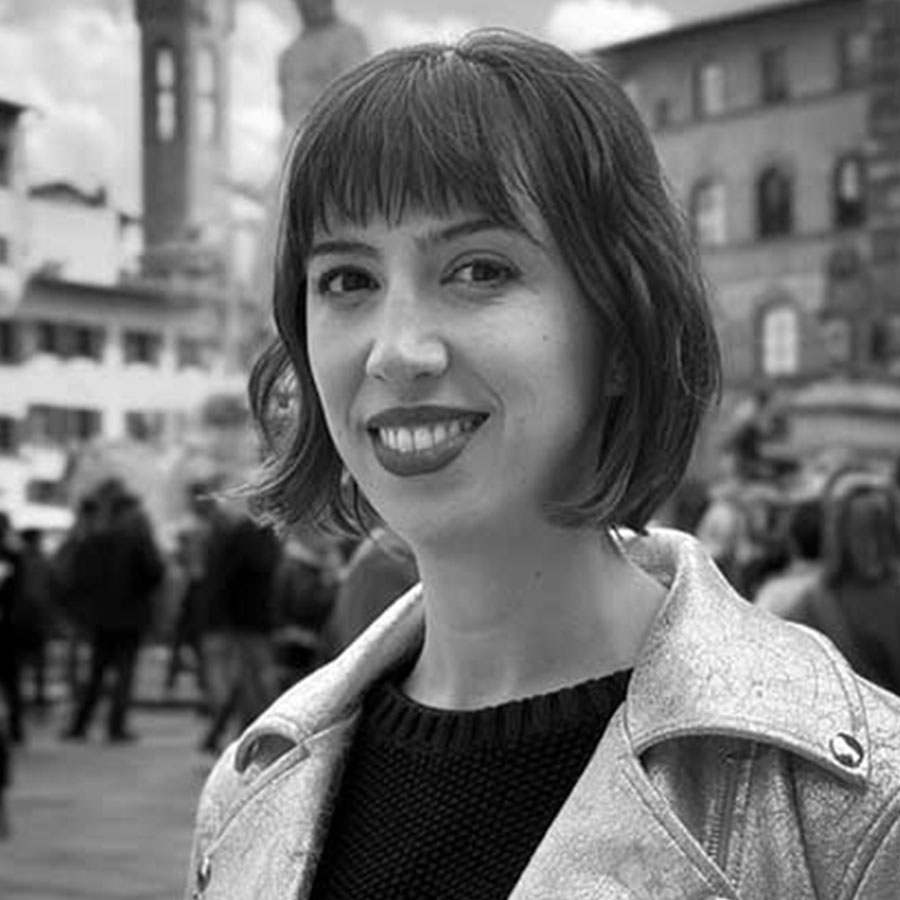
Silvia Spolaor, Associate Editor
The Research Centre for Territory, Transports and Environment (CITTA– Centro de Investigação do Território Transportes e Ambiente), FEUP-Faculdade de Engenharia da Universidade do Porto
Silvia Spolaor is a postdoctoral researcher at CITTA-FEUP, working on the JUST STREETS project. She is a Brazilian architect with a PhD in Spatial Planning from CITTA-FEUP and an MSc in Urban Planning and Policy Design (POLIMI). Her main research interests include urban morphology, informal settlements, Southern urban theory, public participation, and methods and theories that bridge academic knowledge with planning practice and architectural design. In her research, she focuses on understanding how popular knowledge—shaped by social, economic, and cultural factors—influences the physical form of cities and how this comprehension can foster more inclusive planning strategies. Her key skills include qualitative spatial analysis, particularly using historical-geographical and process-typological approaches, along with mapping, to study the diachronic development and transformation of urban form.
![]()
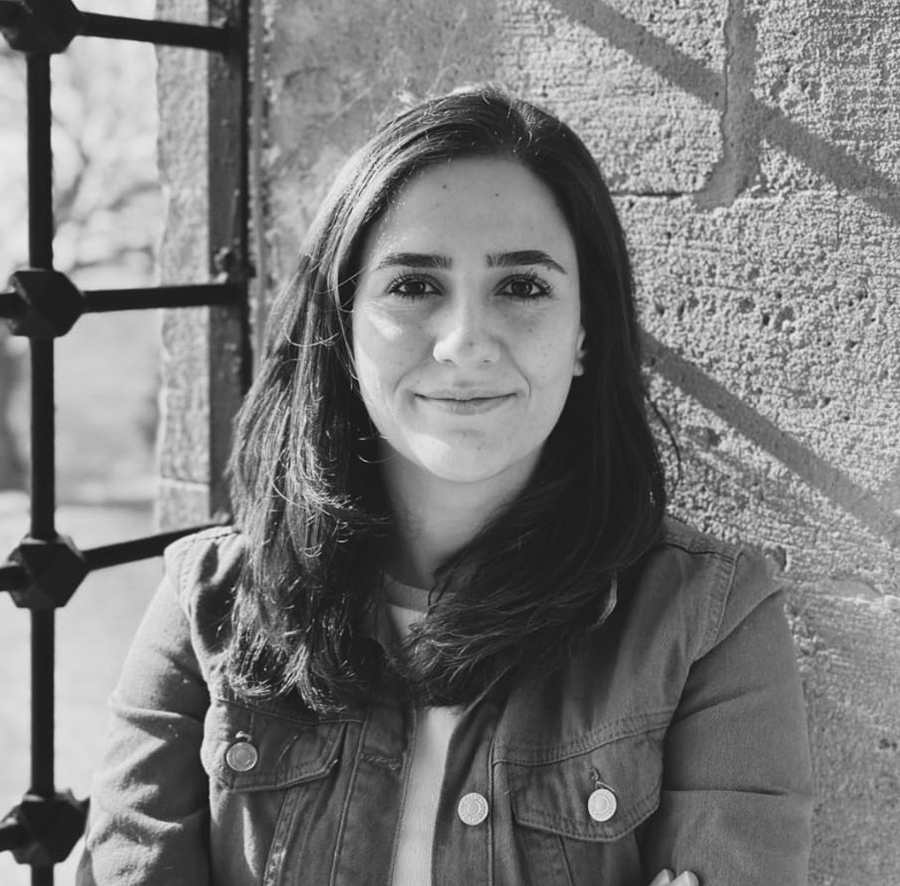
Esra Şırkı, Assistant Editor
Siirt University, Dokuz Eylül University
Esra Şırkı is an urban design specialist. She graduated first in her class with a bachelor’s degree in Urban and Regional Planning from Selçuk University and completed her master’s in Urban Design at Siirt University. She is pursuing her PhD in Urban and Regional Planning at Dokuz Eylül University while working as a Research Assistant at Siirt University. Her master’s thesis examined the relocation and forced migration processes in historical settlement areas, analyzing the social and spatial challenges encountered in these transitions. In her doctoral research, she focuses on integrating women-friendly planning approaches into planning legislation and practices in Turkey
![]()
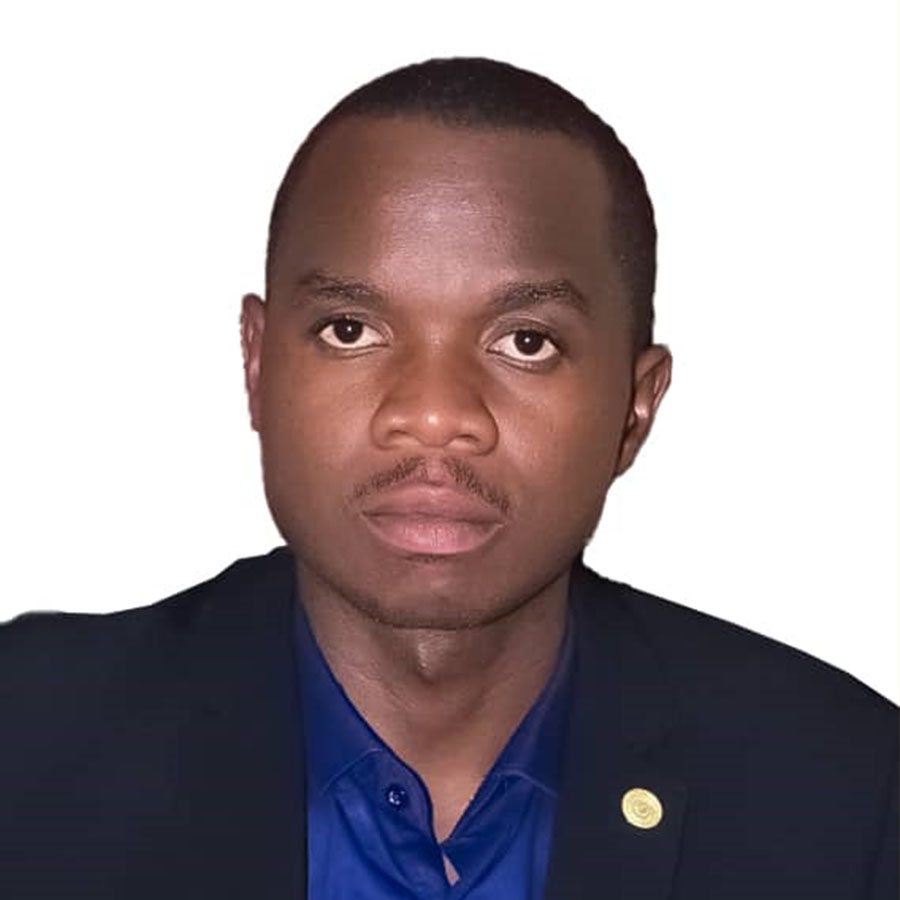
Fidele Mwizerwa, Assistant Editor
University of Rwanda
Fidele Mwizerwa is a Lecturer at the University of Rwanda, College of Science and Technology, School of Architecture and Built Environment, in the Spatial Planning Department. He is an individual consultant and the Founder and Managing Director of Ganza Green Solutions. He also serves as a Lead Expert at the Rwanda Association of Professional Environmental Practitioners (RAPEP). Fidele is passionate about education, research, and development. He holds a Bachelor of Science in Geography from the University of Rwanda, College of Science and Technology, School of Architecture and Built Environment, with a specialization in Urban and Regional Planning. He also possesses two master’s degrees: one in Environmental Science from Tongji University and another in Geo-Information Science for Environment and Sustainable Development from the University of Rwanda. With extensive experience in urban planning consultancy, Fidele has contributed as a GIS and Remote Sensing Technician to multiple projects. Additionally, he serves as a Research, Education & Development Unit Lead at the NextGen Urban Link Hub. Fidele has significant experience in research, education, and development, with multiple publications. His research interests lie in the application of GIS and Remote Sensing technologies to urban planning and management.
![]()
Editorial Board
Achilleas Kalopedis, ALA Planning Partnership Consultancy L.L.C, Nicosia, Cyprus
Aliaa AlSadaty, Cairo University, Cairo, Egypt
Arathy Gopal, School of Planning and Architecture, New Delhi, India
Cláudia Monteiro, CIAUD - Polo COFAC / Universidade Lusófona, Porto, Portugal
Cristina García Fontán, University of A Coruña, Santiago de Compostela, Spain
David Leite Viana, Universidade Portucalense, Matosinhos Municipality, Porto, Portugal
Hooshmand Alizadeh, University of Kurdistan, University of Innsbruck, University of Vienna, Vienna, Austria
John J. Parman, Urban Construction Laboratory, Berkeley (California), USA
John Pendlebury, Newcastle University, Newcastle upon Tyne, UK
John Rahaim, University of California at Berkeley, San Francisco, California, USA
Juana Mercedes Perlaza Rodriguez, Novamanto Urban Architecture, Matera, Italy
Karl Kropf, Oxford Brookes University, Oxford, United Kingdom
Marco Maretto, University of Parma, Parma, Italy
Matteo Ieva, Polytechnic University of Bari, Bari, Italy
Mazyar Abaee, Urban Planning and Architecture Research Centre of Iran, Tehran, Iran
Michael Barke, Honourable Librarian, Society of Antiquaries of Newcastle upon Tyne, Great North Museum, Newcastle upon Tyne, UK
Nadia Charalambous, University of Cyprus, Nicosia, Cyprus
Nicola Marzot, Polytechnic of Turin, Bologna, Italy
Roberto Cherubini, Sapienza University of Rome, Rome, Italy
Rockne (Rocky) Hanish, Arizona State University, Phoenix, Arizona, USA
Stael Alvarenga Pereira Costa, Federal University of Minas Gerais UFMG, Belo Horizonte, Minas Gerais, Brasil
Teresa Marat-Mendes, University Institute of Lisbon, Lisbon, Portugal
Thomas Aujero Small, Culver City Forward, Culver City, California, USA
Tihomir Viderman, BTU Cottbus-Senftenberg, Cottbus, Germany
Todor Stojanovski, KTH Royal Institute of Technology, Stockholm, Sweden
Tuğçe Tezer, Mimar Sinan Fine Arts University, Istanbul, Turkey
Vítor Oliveira, Research Centre for Territory, Transports and Environment - CITTA / FEUP, University of Porto, Portugal
![]()

